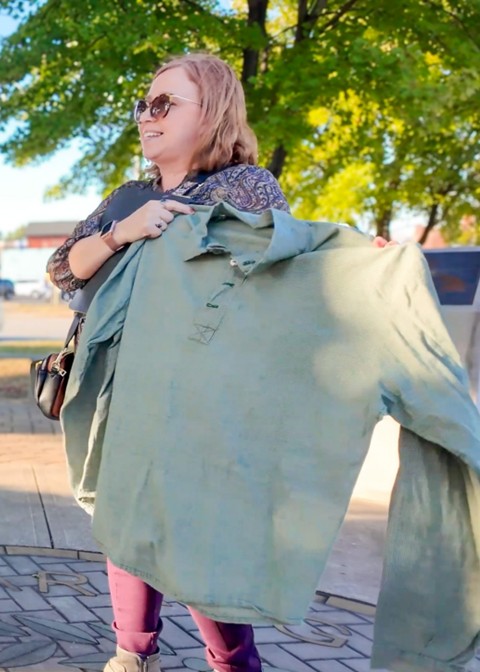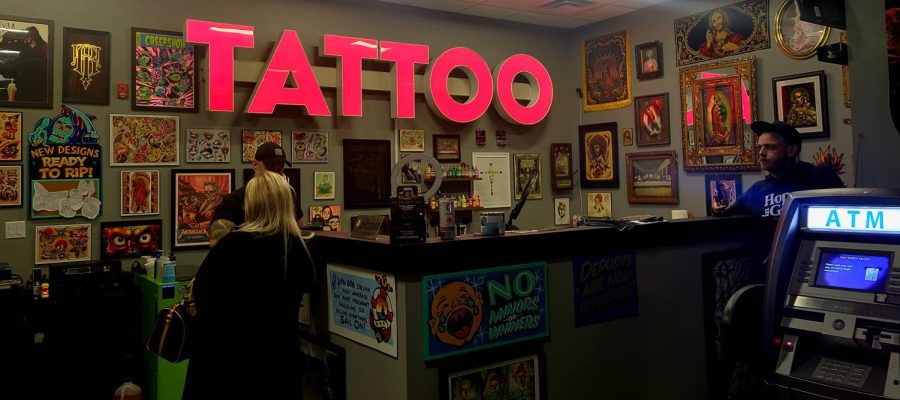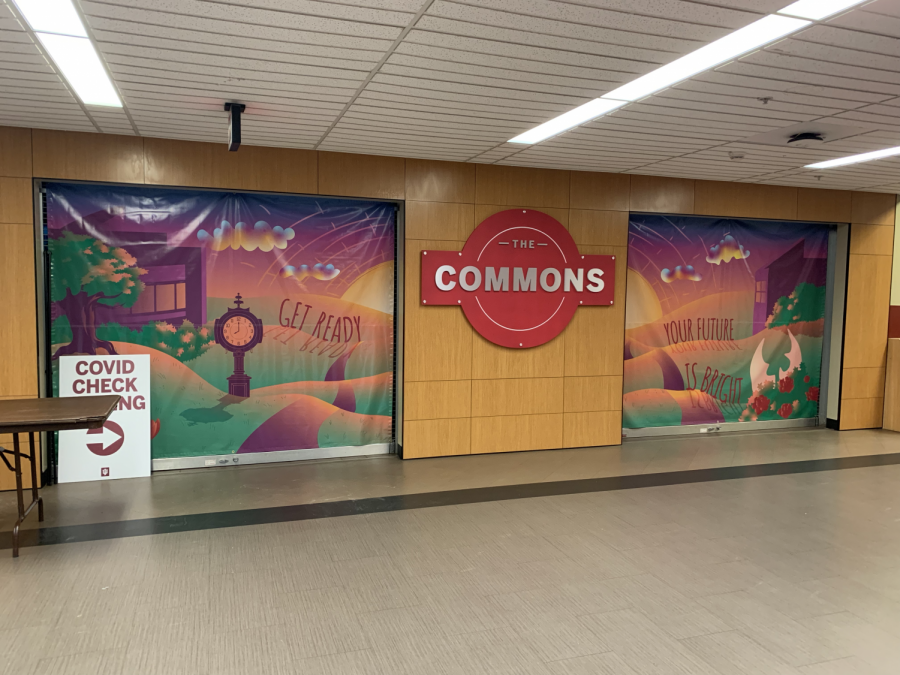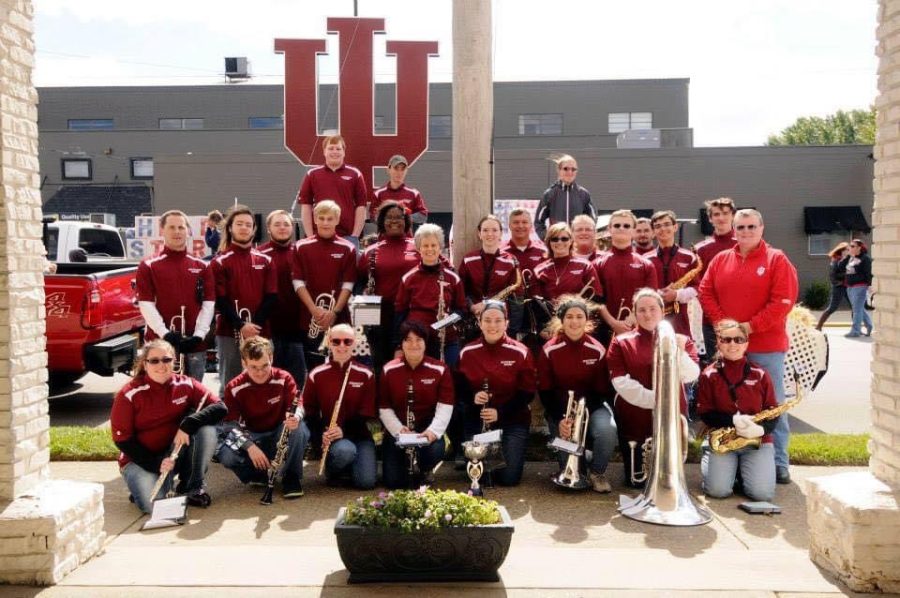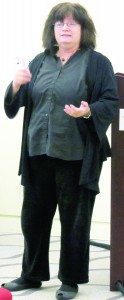
The graduate students of the Introduction to Graduate Liberal Studies class put on a show on Nov. 30 called “Metheopressed or Interdisciplinary Approaches to Social Change,” which was a reenactment of the Common Experience book “The Working Poor” by David K. Shipler.
Stories from the book were told by four students acting as the characters and capturing the character’s personality. The book highlighted the lives of the characters and told stories of their struggles with low-paying jobs and the cycle of families on welfare.
A panel of five students answered the questions, complaints and concerns of the characters about their economic problems and social failures. The panel gave educated answers to the characters’ concerns about current economic and social problems.
Cory Cochran, liberal arts graduate and director of the show, said the goal of the show was to raise awareness for the master’s program.
“We also want to introduce an interdisciplinary way of thinking to people, as well,” Cochran said.
The four characters shared their difficult stories and brought up four concerns and questions for the panel. The concerns included free child care, a link to depression and malnutrition, trying to succeed and being at the same economic position and how schools focus on testing scores rather than the children.
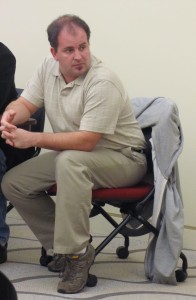
One of the characters, Gary Archangel, played by Patrick Heiter, liberal arts graduate, acted the part of a single father who has problems with alcohol and cannot afford food for himself and his son. Heiter’s question for the panel was if there was a link to depression and malnutrition.
“We tried to use anecdotes to emphasize the book,” Heiter said. “I took things from the book to mimic my character and used my personal experience and meshed them together to create more of a personality for Gary.”
Another character, “Peaches,” asked the panel their opinion of free child care because her daughter was lured by a man and sold into a sex slave ring in Mexico for three years.
The panel of students used their knowledge in fields such as social sciences, education and natural sciences to answer the questions, such as the free child care service and provide feedback for the characters.
Members from the audience participated and told some of their stories. Also, the panel answered the unprepared questions from the audience.
By CLARE BOWYER
Staff
clbowyer@umail.iu.edu

